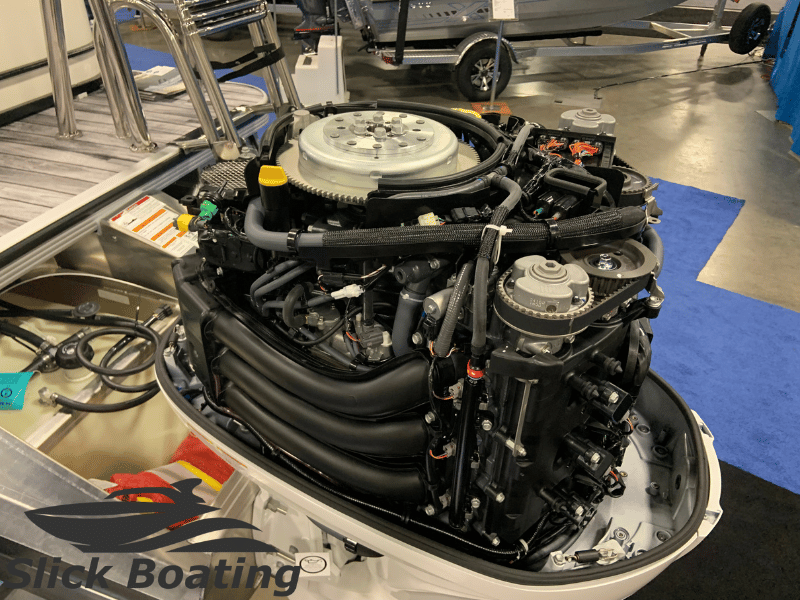Just like the alternator in your car, the alternator in your boat can go bad.
Interesting tidbit, the engines in many boats are repurposed SUV engines with some modifications to make the marine ready.
So, a lot of the signs of a bad alternator for a car will be the same for a boat, but with a few quirks thrown in that we will talk about here.
Reasons Why Alternators Go Bad In Boats
The alternator can go bad for a variety of reasons. The most common culprits are age, improper maintenance and faulty wiring.
Boats engines run in a harsh environment, it’s wet, saltwater, and often rode hard. Pushing a propeller through water is a lot harder than pushing tires on a road, so boats tend to wear a little more quickly than cars.
Signs Your Boat Alternator Is Bad
There are several signs that point to your boat’s alternator being bad:
- If equipped, your boat’s volt meter is reading lower or higher than normal.
- The battery won’t stay charged.
- The boat won’t start due to a dead battery.
- Check engine light comes on.
- The radio will cut off when listening to music or running anything else electrical on the boat.
- Dim running lights.
- Odd sounds coming from the engine, not enough electrical power can cause all kinds of odd issues with the engine.
- Engine stalling can also be a sign the alternator in your boat has gone bad.
How To Test Your Boat’s Alternator
There are a few tests you can perform to know if your boat’s alternator is good or bad. These test do require a voltmeter and for you to keep the voltmeter connected to the battery at all times.
Here are things to look for:
- With the engine off the battery should read around 12.6 volts, if lower than 12.2 volts, then it’s probably a bad battery.
- With the engine on and the voltmeter on the voltage setting should read between 13.5 to 14.7 volts, if so, the alternator is good.
- If the voltmeter is under 13.5 volts with the engine on, then the alternator is not working properly and needs to be replaced. For some boats, you may need to raise the RPMs, as talked about in the next point.
- Safely, raise the engine RPMs above 1,500 and measure the voltage. Some boats require higher RPMs before the alternator kicks in and charges. If the voltage goes above 15 volts, then your voltage regulator is bad, as it’s overcharging your battery. If you have a jet boat, you need to do these test on the trailer while properly hooked up to water (you don’t have a true neutral in a jet boat).
If you have a jet boat, then you have a stator instead of an alternator. It’s the same process to test the stator, but a lot more involved to replace it.
Testing the alternator on a boat is very similar to a car, so I’ll link a video below showing you how to do it for a car. What’s different is that your boat needs to be hooked up to water or in water, so you don’t overheat the engine.
Check Connections
Before you replace the alternator or battery, look over all connections to make sure they’re tight and, most importantly, clean.
You’ll be amazed by how a loose battery connection or dirty terminals can cause all kind of electrical problems. So clean the terminals with a small wire brush (ad) and make sure they’re tight.
How To Replace Your Boat’s Alternator
Every boat will be different, but the video below will show you how to replace the alternator in your boat. It can be hard on some boats, so it’s best to let your dealer or local repair shop do it for you.
Will A Boat Run Only On The Battery?
If the alternator is bad in your boat, then it can and will run on just the battery.
The boat will run for as long as the battery can keep supplying the correct voltage and amps it needs to keep going. This can be minutes or hours depending on the boat, but overall, you need that alternator.
Will A Boat Run Without The Battery?
It’s best you don’t run your boat without a battery as the charge from the alternator has nowhere to go and can blow fuses or diodes or even worse the computer of your boat.
